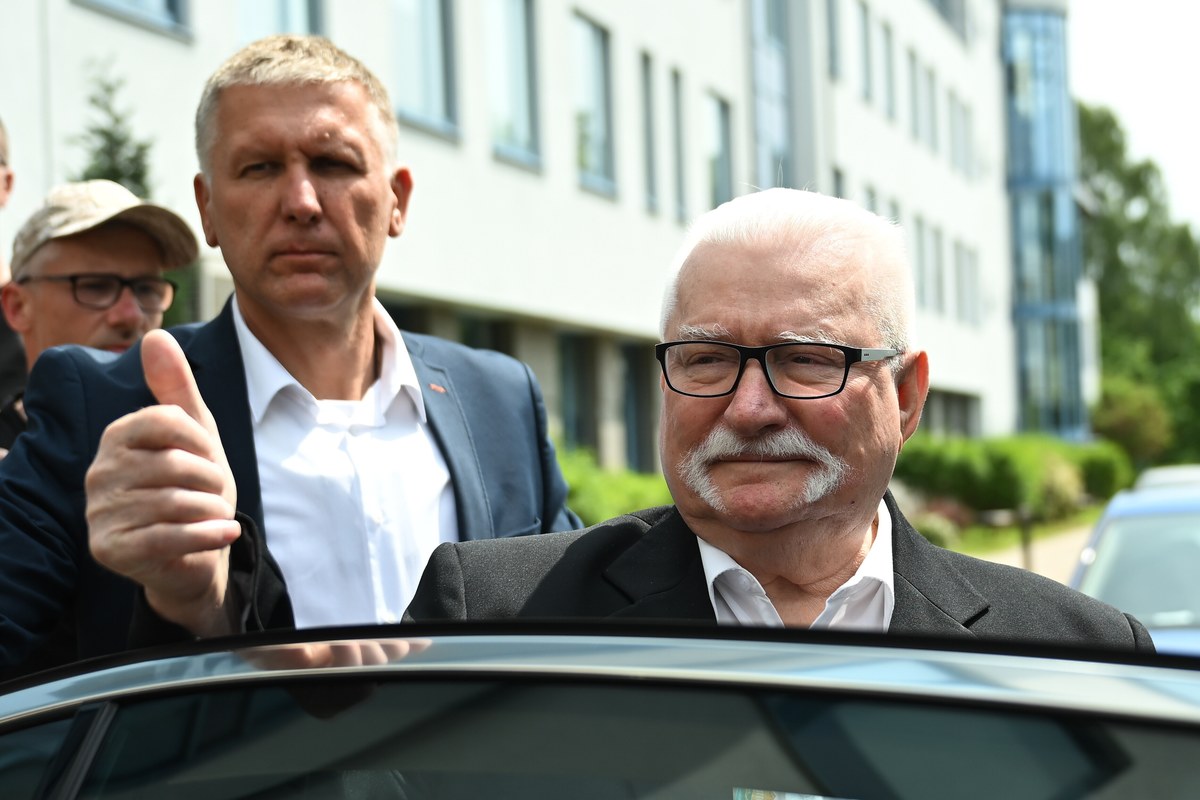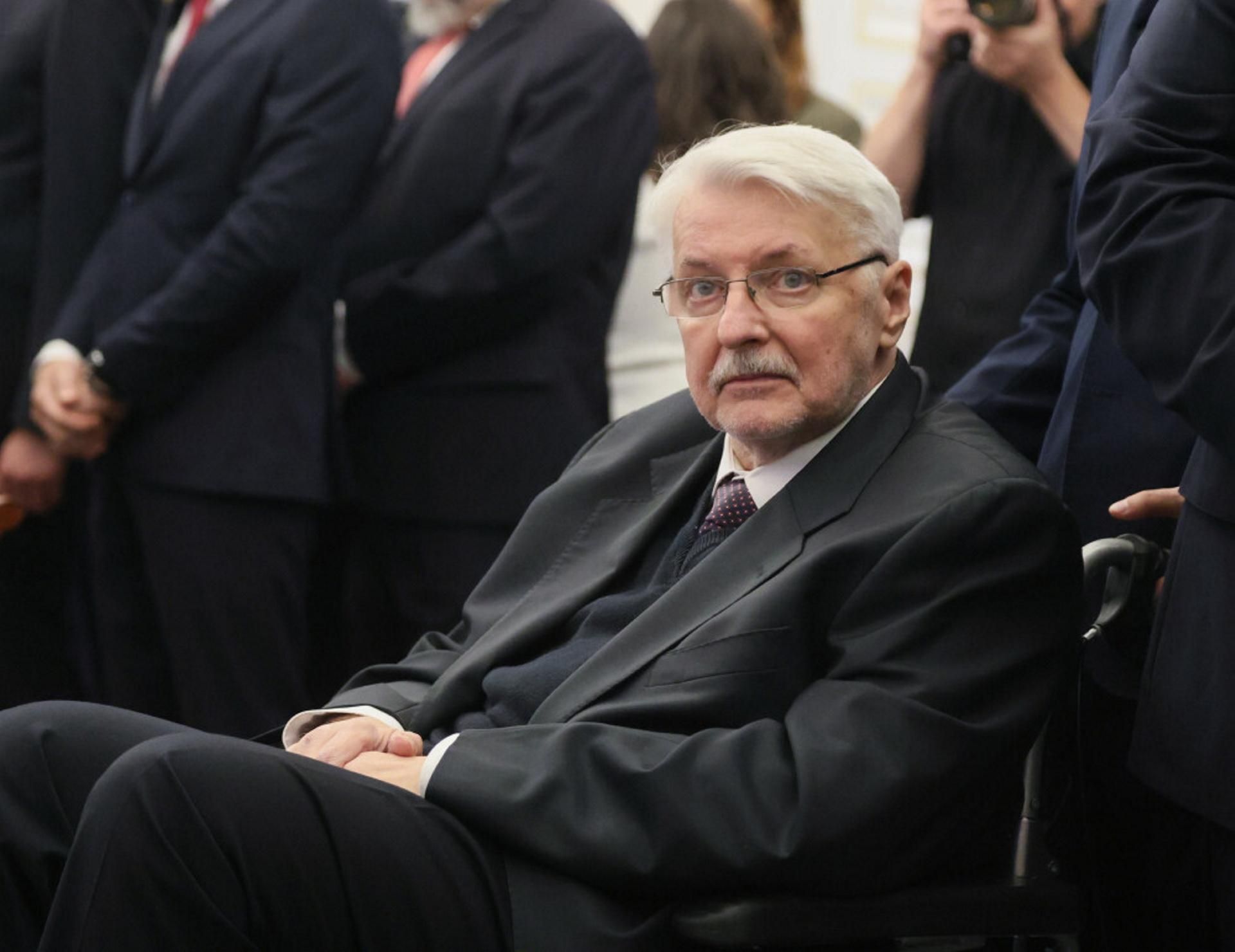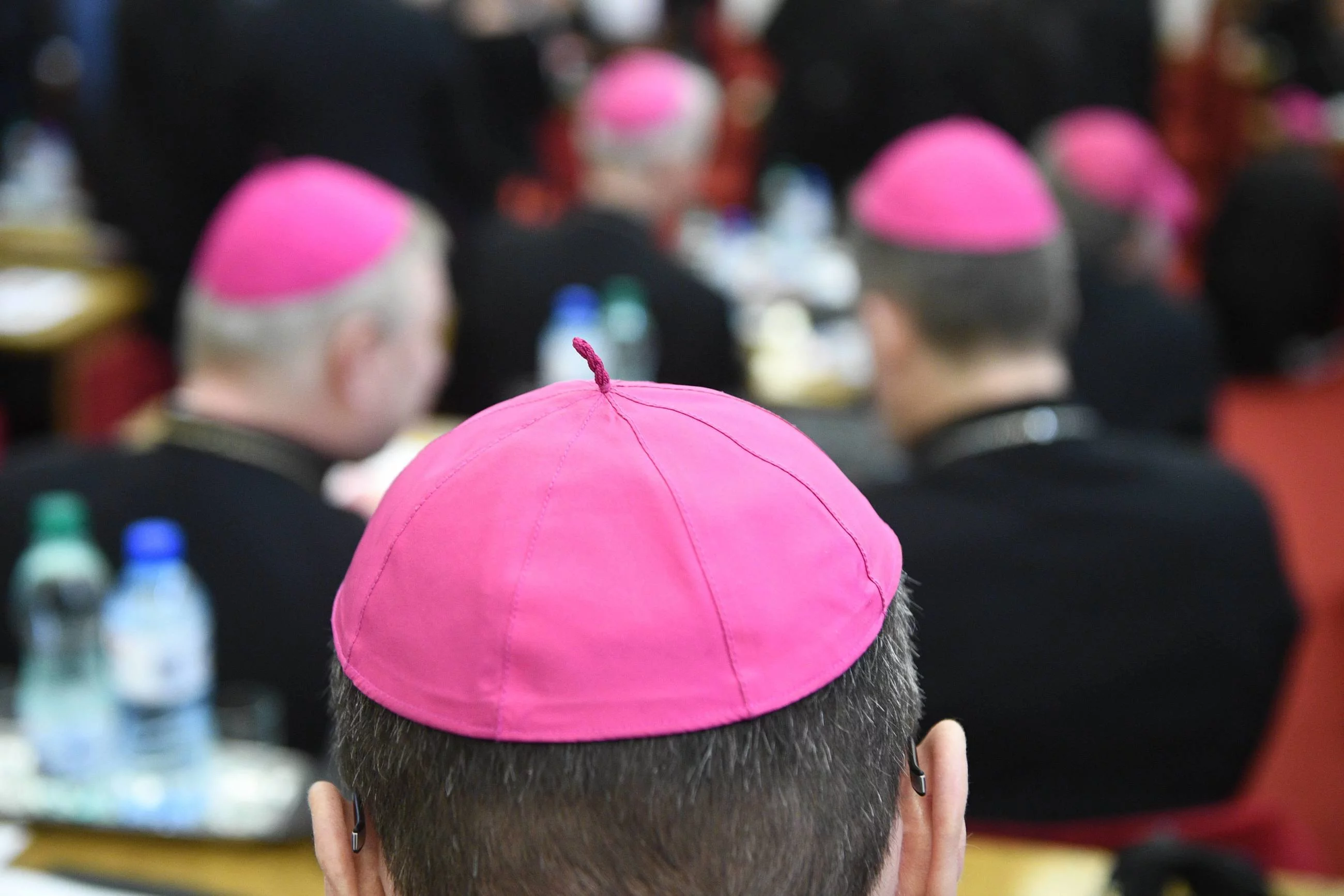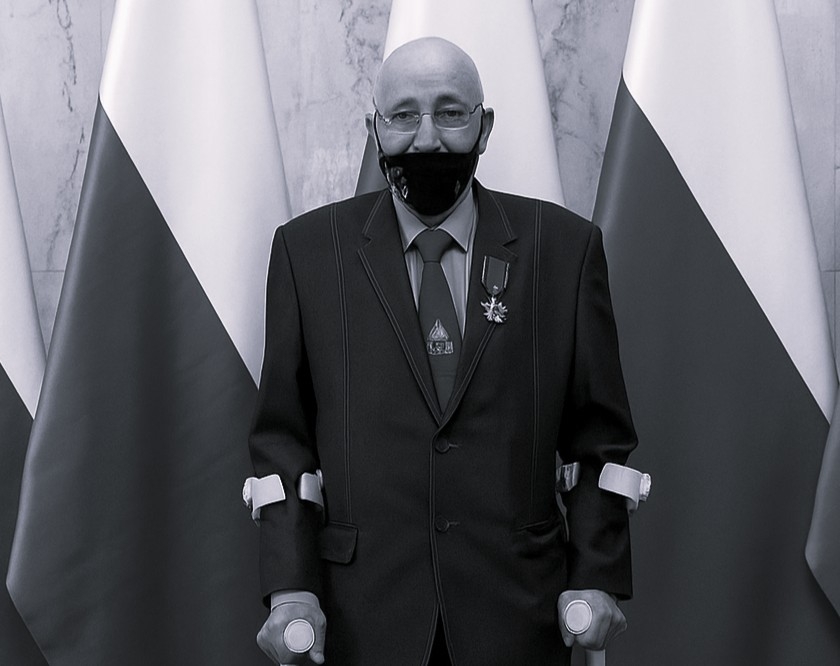You can read about what happened on Tuesday in the Sejm on another page of the newspaper. Personally, I would like to limit myself to drawing lessons from this regrettable excess. The discussion of the cross in public space – whether in the parliament area or in school class – has been coming back for years. It is worth noting that the cross hanging in the Sejm was first hanged there secretly. Then many tried to pull it off, with mediocre results. Parliamentarians rightly concluded that the cross hanging outside the church or the catechist hall is alternatively a symbol of the interplay of power with the Church, alternatively than a manifestation of spiritual feelings that may be manifested elsewhere.
I have nothing against the cross on Giewonta or in front of the gates of Gdańsk shipyard, and, more broadly, I am not disturbed by the monument of Moses standing in the Old Town Park in Łódź. Poland should not pour out a baby with a bath on its way to laicization and follow the road of France, where even grave crosses are already at risk. However, we may require that the space governed by secular power be free of specified symbols. We are talking about parliament, schools and state offices.
This would be the first symbolic step on the way of the separation of the Church from the state. A chapter under which millions of voters signed in October elections. On the giggling of destiny would be a situation where the impulse for these changes would be the anti-Semitic act of Mr Braun. However, with the eyes of my imagination, I see a scene in which Marshal Holovnia (a Catholic and a future Dominican) collects the cross from the Sejm hall, thereby fulfilling the will of his constituents.

















